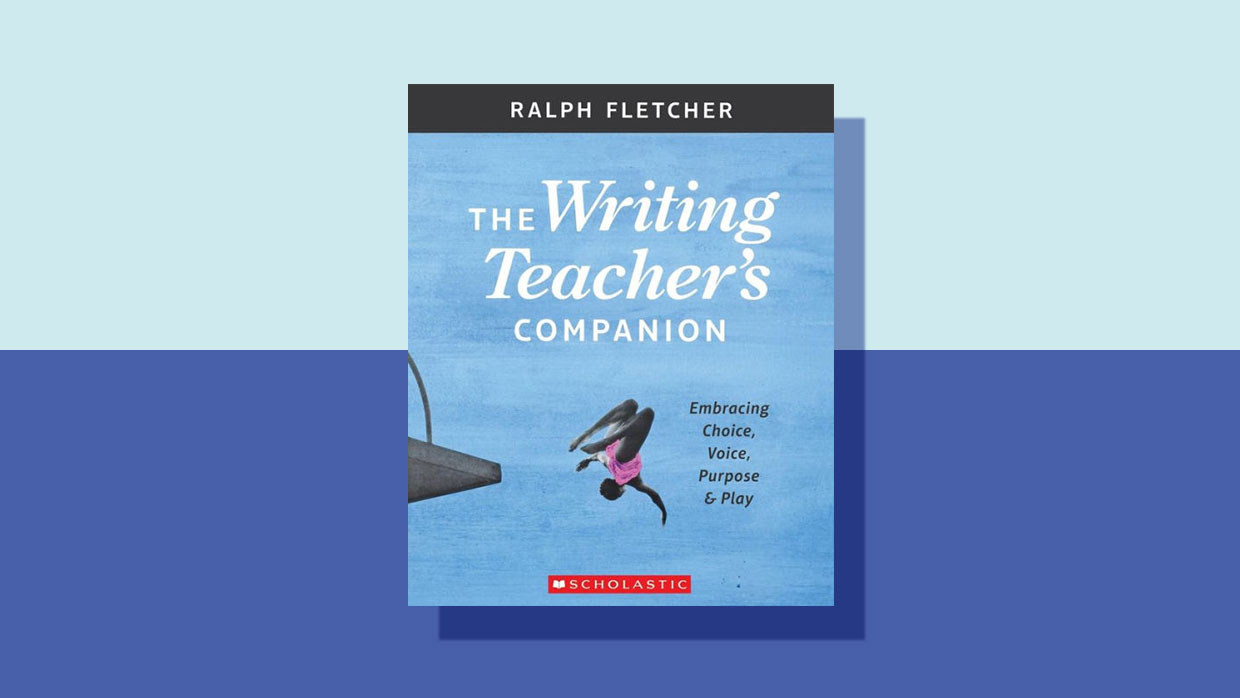15 Short- and Long-Term Goals for Writing Teachers
What would you do if you hoped to help your children learn to speak Spanish? I don’t mean to pick up a few words or phrases—I mean to become fluent enough to use Spanish in life. Would you sign them up for an occasional Spanish class? That’s not enough; they’d need a lot more than that. Ideally, you’d arrange for them to spend a summer in Costa Rica, Mexico, or Spain, where they could hang out with other kids their own age. Okay, that might not be feasible, but at the very least you’d make sure that they spend lots of time in an environment where they could interact with Spanish speakers. That would give them the opportunity to use Spanish for real purposes every day.
Writing is no different. Your students need to write every day. Writing should be one of the foundational beams of your classroom. Not a decorative beam, but a weight-bearing wall.
In the beginning of the school year, writing teachers should focus on these five short-term goals:
1. Make sure your writers are engaged.
2. Make sure they love writing time.
3. Create a safe environment where kids can take risks.
4. Establish predictable routines and a workable management system.
5. Find out who your students are as writers.
And throughout the school year a writing teacher should focus on these 10 long-term goals:
6. Help students improve the quality of their writing.
7. Build students’ concept of strong writing.
8. Model yourself as a writer-with-a-small-w.
9. Make sure students explore their passions through their writing.
10. Provide opportunities for them to share and celebrate their writing in both big and small ways.
11. Help them become problem-solvers: recognizing what’s working in their writing, what’s not working, and having options to solve their problems.
12. Help them make deeper connections between what they read and what they write.
13. Build their knowledge about various genres—not only the distinctions between genres but also the commonalities.
14. Deepen their understanding of what writers do (process) when they write.
15. Help them become more skilled a rereading their rough drafts.
With these goals in mind, it’s not so much that you will teach your kids to write. They will teach themselves by writing every day, and just like learning a new language, by living in a community of writers.
Find more ways to teach your students to write with the The Writing Teacher’s Companion: Embracing Choice, Voice, Purpose & Play. You can purchase the book here.
About the author:
Ralph Fletcher is a former member of the Teachers College Writing Project and current author and consultant. He is the author or coauthor with his wife, JoAnn Portalupi, of numerous professional books and videos. Mr. Fletcher speaks at national conferences around the U.S. and abroad. He also conducts his own one-day seminars and does occasional author visits to schools.
